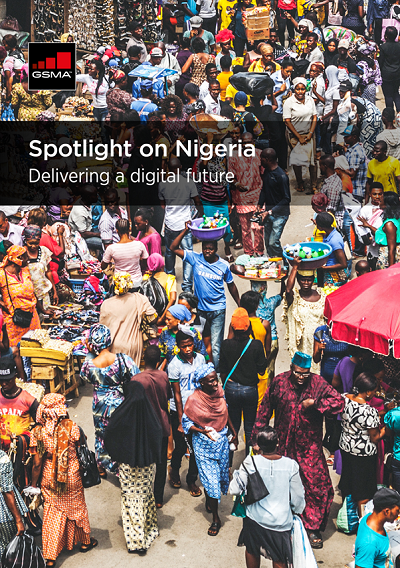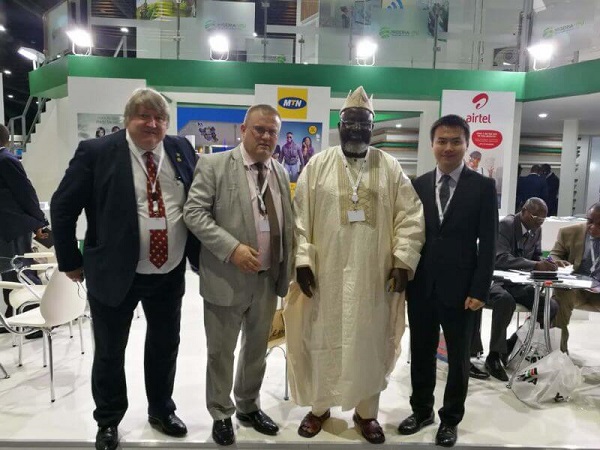23 January 2019 – The GSMA’s recent report on Nigeria correctly concluded that “mobile technology is having a direct and positive impact on the daily lives of Nigerians by fostering inclusive growth and enhancing the productivity and efficiency of the economy”.
 With more than 12 years experience working with operators of all sizes across Nigeria, WTL has helped to build Nigeria’s telecoms infrastructure.
With more than 12 years experience working with operators of all sizes across Nigeria, WTL has helped to build Nigeria’s telecoms infrastructure.
However, the company was disappointed to read the GSMA estimates of mobile penetration of 49% rising to 55% by 2025 whilst only 4% have 4G mobile broadband growing to 17% by 2025.
The clue for this situation comes a little later in the report when spectrum is discussed. According to the GSMA, the total amount of spectrum assigned to mobile in Nigeria is 470MHz, far in excess of the SSA average of 268 MHz.
However, they also go on to explain “some inefficiencies may exist in the utilisation of spectrum, as around a quarter of the spectrum assigned to mobile is being used by a few service providers that jointly account for less than 2% of the mobile market”.
WTL continues to urge the NCC to incentivise operators to use their unused spectrum for new shared networks in rural Nigeria where there is little or no coverage at the moment. These networks would be built by a neutral service provider and used by existing operators. Allocating USF money to the CAPEX cost of such networks would reduce the risk.
National roaming and infrastructure sharing will enable people to use the network of other service providers in Nigeria where their own service provider does not have a network or has limited network coverage. In effect, operators share their infrastructure thus eliminating the need to lay duplicate infrastructures in areas where this is not commercially feasible.
WTL is already working with wholesale operators in five countries in Africa to build rural networks and, with infrastructure sharing being widely considered across the continent, the company firmly believes that the removal of the CAPEX cost of building a rural network will encourage previously reluctant operators to start offering services in these areas.
WTL also believes that infrastructure sharing will be of great benefit to Nigerians with increased coverage, improved service levels and competition driving down costs.

Leigh Smith, MD of WTL, said Plenty of spectrum has been allocated but unfortunately a lot of it is being wasted because it is lying fallow in the hands of small and inactive license holders. I would encourage the NCC to adopt a “use it or lose it” approach. Our vision enables neutral 3rd party networks to be deployed where MNOS refuse to go, this would increase the overall footprint.
WTL will continue to share its expertise with the NCC in particular in the areas of cross-billing and reconciliation and mobile number portability.
About WTL
Headquartered in Belgium with offices in Nigeria, Brazil and the UK, WTL helps operators in emerging markets to deploy cost-effective, reliable voice and data networks for both rural and urban environments.
WTL has deployments in more than 30 countries in Africa with a well-deserved reputation for excellent service, reliable products and an expert team with extensive experience in Africa.
WTL’s innovative, practical and cost-effective portfolio includes its:
- Award-winning range of high capacity VoIP and hybrid VoIP/TDM switches which have been specifically designed to replace the huge, expensive, maintenance-heavy switches that have traditionally been used to transfer VoIP traffic onto other networks
- Vivada (Village Voice and Data), a complete system to provide rural connectivity for 2G and 4G
- Signalling gateways and pre-paid applications for emerging carriers and telecom service operators.
For more information visit www.wtl.be or contact WTL’s PR rep on +44 7946 342 903, skype: bridgetfishleigh or bridget@telecomsprafrica.com

